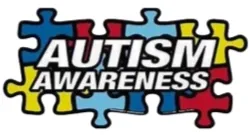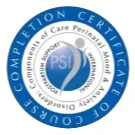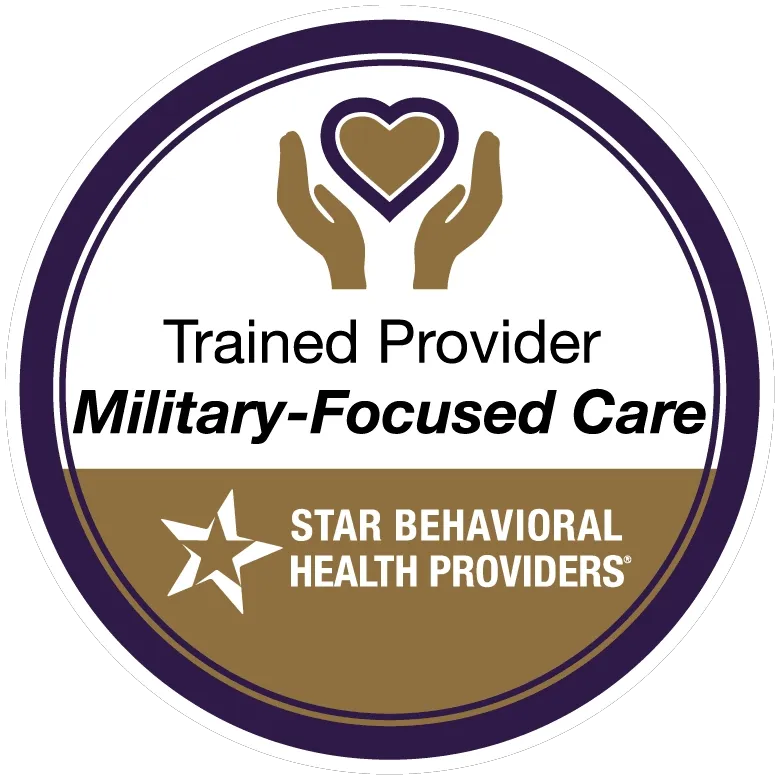Life is a balance of holding on and letting go ~ Rumi
Postpartum Anxiety and Depression: Prioritizing Maternal Mental Health
The financial toll of overspending, unexpected expenses, or managing debt can leave many people feeling overwhelmed. If stress and anxiety about money are affecting your mental health, you’re not alone. Financial stress is a common challenge, but it doesn’t have to control your life. Seeking support through counseling and taking small, intentional steps can help you regain control and find peace of mind.
These experiences are not signs of weakness, they are signs of being human. More importantly, they are signs that postpartum support and compassionate care are needed.
Understanding Postpartum Mental Health
After childbirth, a woman’s body experiences immense physical, hormonal, and emotional changes. Between sleep deprivation, physical recovery, and the constant demands of caring for a newborn, it’s no wonder many new mothers feel exhausted and emotionally drained.
It’s common to experience the “baby blues,” mood swings, tearfulness, and irritability that typically fade within a couple of weeks after delivery. But when these feelings persist beyond two weeks, or when anxiety interferes with daily life, it may signal postpartum depression (PPD) or postpartum anxiety (PPA) two common but treatable conditions that affect maternal mental health.
What Postpartum Depression Feels Like
Postpartum depression can look different for every mother, but common symptoms include:
- Persistent sadness, emptiness, or hopelessness
- Loss of interest in activities once enjoyed
- Difficulty bonding with your baby
- Feelings of guilt, worthlessness, or inadequacy
- Changes in appetite or sleep patterns
- Fatigue or lack of motivation
- Thoughts of self-harm or that your family would be better off without you
Postpartum depression is not your fault. It’s a medical condition — and with the right help and postpartum support, recovery is absolutely possible.
What Postpartum Anxiety Feels Like
Postpartum anxiety often goes unnoticed because it doesn’t always resemble depression. Many mothers experience:
- Racing thoughts and constant worry (“What if something happens to my baby?”)
- Physical symptoms like heart palpitations, dizziness, or shortness of breath
- Difficulty sleeping, even when the baby sleeps
- Feeling on edge, restless, or irritable
- Intrusive thoughts or repetitive checking behaviors
This kind of new mom anxiety can be exhausting and isolating but remember, it’s treatable, and you are not alone.
Why Maternal Mental Health Matters
Maternal mental health affects not just the mother, it impacts the entire family. When mothers receive the emotional and clinical support they need, babies thrive, relationships strengthen, and communities become healthier.
Yet too often, mothers suffer in silence due to stigma, guilt, or fear of being judged. By talking openly about postpartum depression, postpartum anxiety, and maternal mental health, we can break that silence and make it easier for mothers to seek help and healing.
How to Seek Postpartum Support
If you suspect you might be experiencing postpartum depression or postpartum anxiety, know that help is available. You don’t have to face this alone.
Here are some steps you can take:
- Talk to your healthcare provider: OB-GYN, midwife, or primary care doctor.
- Reach out to a therapist specializing in perinatal or maternal mental health.
- Join a postpartum or new mom support group (online or in person).
- Lean on trusted friends or family members.
- Prioritize rest, nourishment, and self-care whenever possible.
If you ever feel unsafe with your thoughts or in crisis, contact your local emergency services or call the 988 Suicide and Crisis Lifeline (U.S.) for immediate support. You can also contact Crisis Texting Line: Text HOME to 741741. Maternal Mental Health Hotline: 1-833-TLC-MAMA.
The Bottom Line
You deserve care, compassion, and connection, not judgment or silence.
Postpartum anxiety and depression are not your fault, and they do not define you as a mother. Seeking postpartum support is a powerful act of love — for yourself, your baby, and your family.
To meet with an experienced and trained counselor specializing in Perinatal Mood and Anxiety Disorders (PMADs) reach out today. Call Seaside Serenity Counseling at 609-961-1827.











